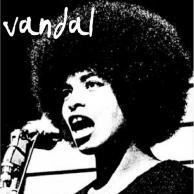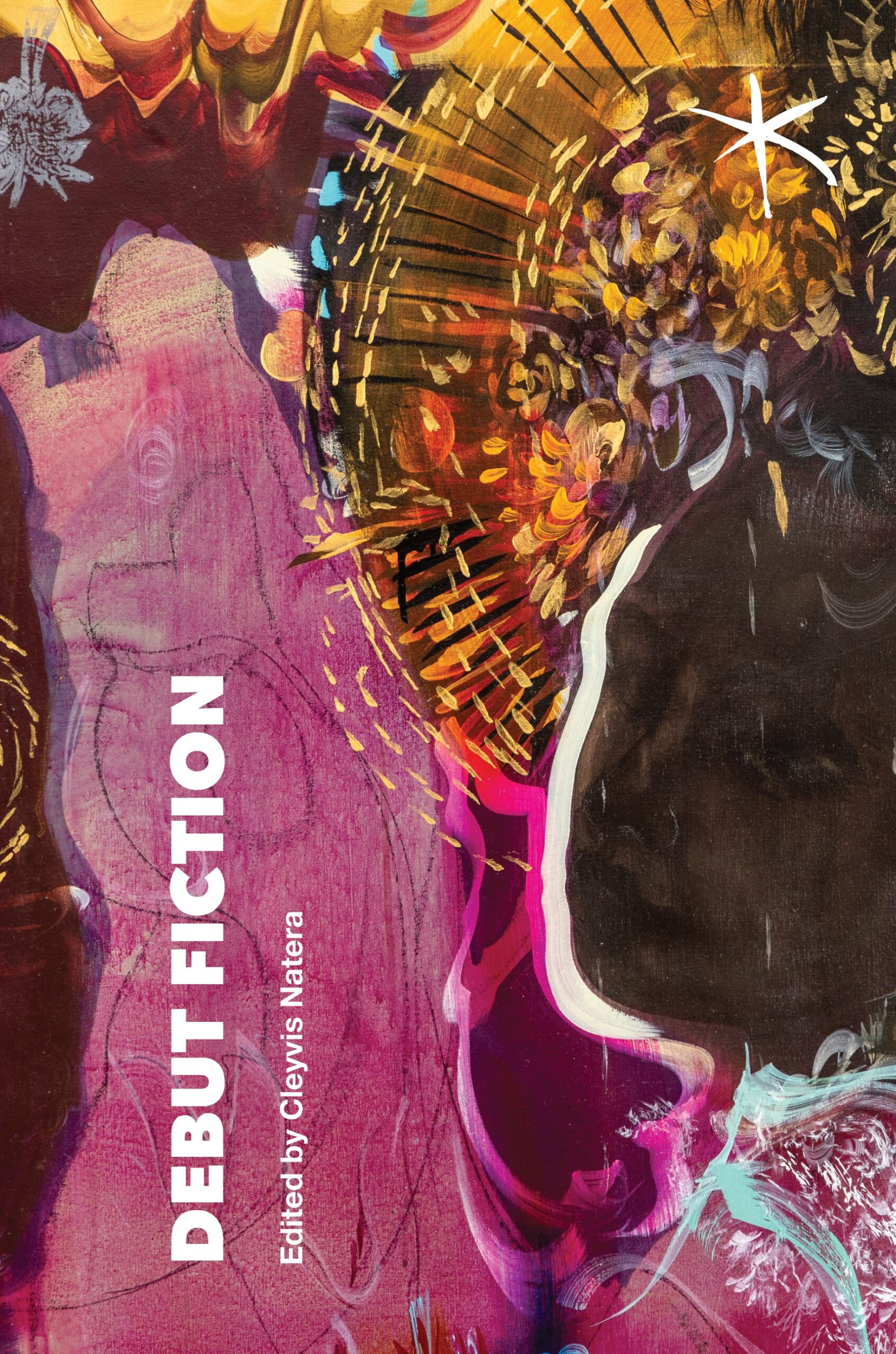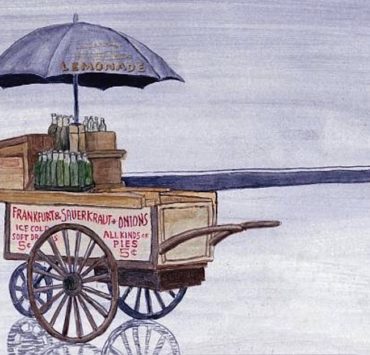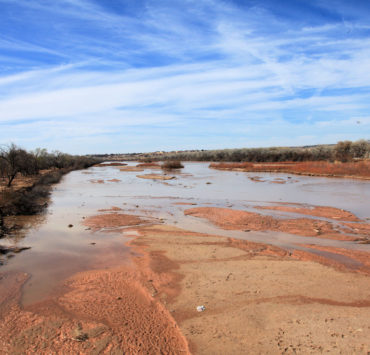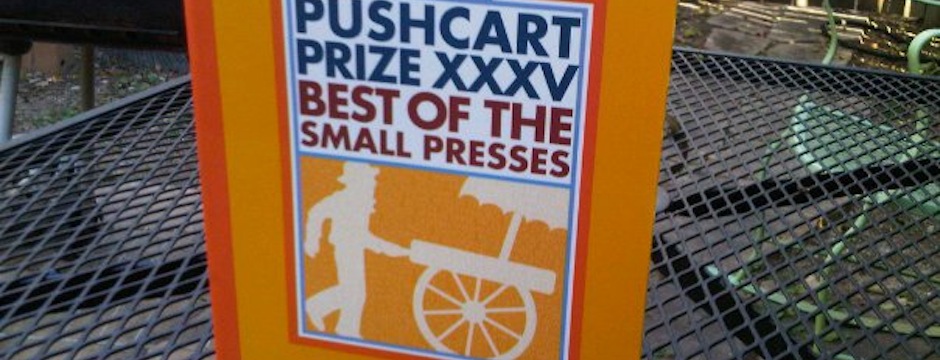
Read Nelly Rosario’s “How To Date a Thugboy, Artboy, Nerdboy, or Papichulo: Remix of Junot Diaz Theme”
1. What about your work (creative, activist, etc) excites you the most?
I’m always excited by the not-knowing at the onset of a project. Frustrating as it is, the need to problem-solve keeps me coming back to the page, if anything as a dare to finish what I’ve started. Writing is the perfect self-generated test of will, patience, and vision.
2. Can you share with us some artists/ writers that are currently impacting the way you think and live? That inspire/motivate you and you feel are significant?
Graphic novelists have been teaching me alternate ways of telling stories, which is why I’ve been adamant about teaching graphic-narrative courses to MFA students. Paper, to me, has been feeling like flatter and flatter canvas–shoot, I’m even itching to write a pop-up book. What and how can we write anything that does what blogs, social networking, and news sites can’t? Chris Ware’s recent Building Stories especially challenges ideas about how to enter, navigate, and exit stories. It’s a boxed collection of various documents (panels, booklets, mock newspapers, flyers, flow charts, etc.) with which the reader’s to piece together the stories of the tenants of a building–including that of a bee colony. The whole experience of reading through that awesome thing still has me speechless.
3. Any hot button issues that you feel Vandal should address in the future? Or any silences in public discussions or even private spheres that should come out in the open?
I don’t necessarily think everything should always be out in the open. Silences can also serve as counterpoint to noise pollution. Look, I’m not saying that we should be mute or meek around critical issues, just that we need a little more strategy. If I don’t have much to say, then I don’t publish. Simple. The question is, how can we mold these silences in a way that actually says something? I’m thinking of the often-used quote by Germain Glien, who said: “The older I grow the more I listen to people who don’t talk much”–but I’ll also replace “listen” with “read”. I’m thinking Miles Davis, how he played around silence, made it a sound in and of itself. Right now, the world is shouting, screaming, yelling, and we have to find new literary forms through which to render our voices loud and clear. Abstract as this may sound, a concrete way to do this in Vandal would be for any work published to include an active component, one in which the contributor assigns and puts an action where the words are, to both self and reader. Write/read a poem, recite it aloud on a bus or train. Draw/see a work of art, recreate it on a sidewalk. Write/read about a food tradition or recipe, cook the meal for a stranger. This is a new take on vandalism.
4. Vandal’s new issue is food and migration: A recipe that represents home or you?
I’m one for inventing dishes out of whatever’s left in the fridge. Pastas or rices tossed with leftover chicken, chopped vegetables, olive oil, spices. The same with stews, eaten over white rice. As long as there’s garlic, onions, oregano, olive-oil, vegetables, and a carb, we’re good to go. Oh, and then there’s quiche, which is pretty much the same concept, except with eggs, cheese, milk, and a dash of flour. Potpourri’s actually in line with the Dominican sancocho tradition. It’s how I write.
5. Do you want to share anything else about the work featured in Vandal: For example, what inspired it? A context? What next?
See #3.
6. What are you working on right now? Why now?
There’s the novel in which I’m looking at narratives around medicine, specifically about practices among people without access to healthcare, but that are considered illegal, for one reason or another. Some of these practices I’ve invented, some are based on actual case studies. There are also a collaborative graphic novel and some essays in the pipeline.
7. In this world full of strife and discord, do you have any suggestions big or
small that can make this world a better place?
Try to love, even if you hate it. And See #3.
8. Do you have any special rituals, or is writing something you just have to hunker down and do?
I write out in my backyard. Sometimes it means putting on gloves and busting out a space heater. Having access to the sky gets my brain going. So does the night. I find it hard to be as imaginative during the day, when there’s too much going on, which is why I write fiction after sundown and non-fiction in the day. Oh, and playing online games helps me think my way out of some knots.
9. At what point do you feel comfortable giving drafts to other people to read? When do you know something is finished?
Because I read so many student drafts, I’m careful about making people suffer through mine. It’s towards the very end that I might ask for an eye. How do I know when’s the very end? When my own work surprises me, when no more red squiggles underline my words in Word.
10. When did you decide to be a writer?
When I first held a pencil at three. No lie.
11. Who were and are some of the writers important to you?
I hate this question. Too many canons to name, one inevitably comes off as a name-dropper, risks leaving out writers and offending…but I’ll take the bait and answer.
For starters, the African Diasporic writers I first began to read in high school and later in college. Toni Morrison, of course, James Baldwin, Zora Neale Hurston, Alex Hailey, Ben Okri, Alice Walker, Piri Thomas–they all taught me the value of personal/world history. I was also deeply influenced by the oral histories collected by Cuban ethnographer Miguel Barnet, specifically Biografía de un cimarrón, which taught me a great deal about how people choose to tell their stories. Others in the Latin-American canon: JL Borges, GG Márquez, Isabel Allende, Clarice Lispector, and I also couldn’t help fall into the Roberto Bolaño craze, brought to you today by The New Yorker. The LatAm canon taught me a lot about writing with style, with a certain ‘unhingeness’, with the unapologetic dose of the mystical and the romantic that Anglo writers seem to so resist. Then there’s Urusula LeGuinn, George Orwell, Italo Calvino, Kevin Brockmeier, Alan Lightman, Charles Yu, Octavia Butler, Ismail Kadare, George Schuyler, all of whose science/speculative fiction upset and reorder reality. Let’s see…Bernadine Evaristo, Zadie Smith…and then there’s my unconditional love towards the small-knit family of Dominican-American writers: Julia Alvarez, Angie Cruz, Ana Maurine-Lara, Annecy Báez, Junot Díaz, Loida Martiza Pérez, Josefina Báez, and the up-and-coming Geimy Colón. There.
12. Do you have a view on whether men and women write differently? Received differently?
Men write with answers, women with questions.
